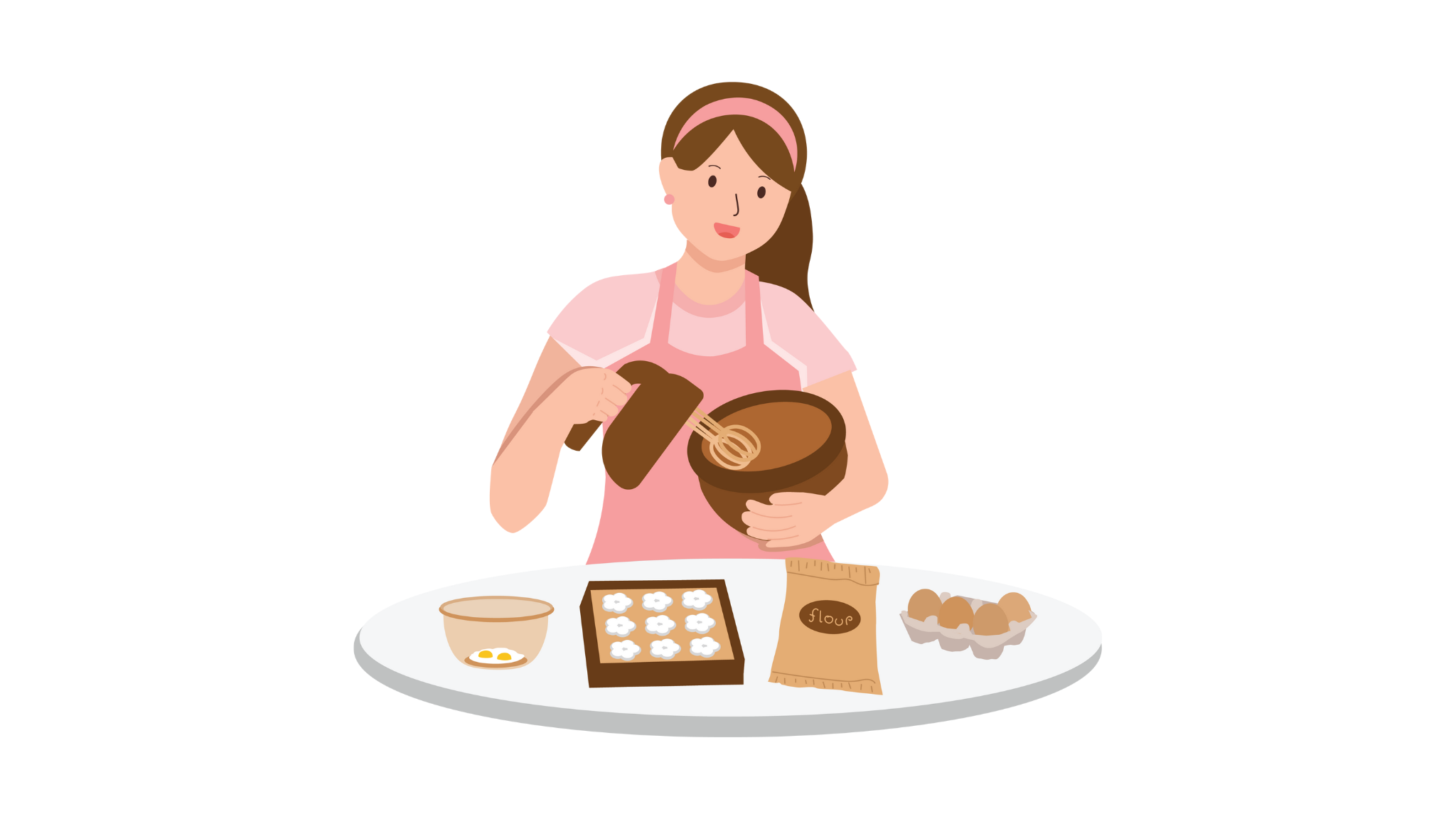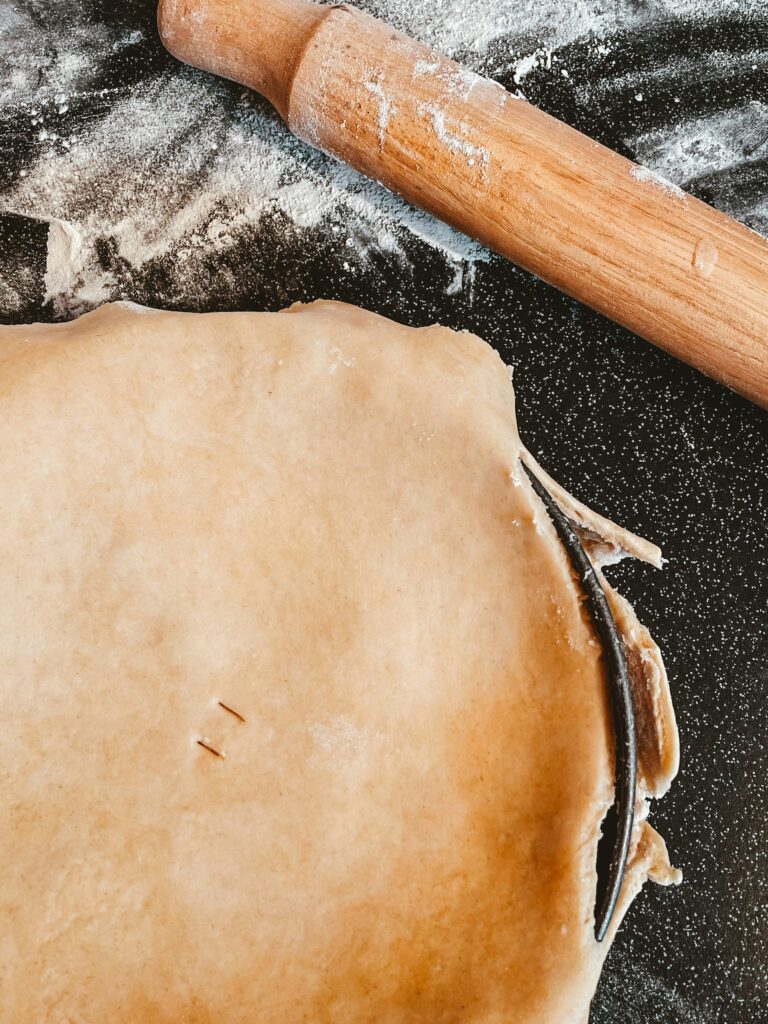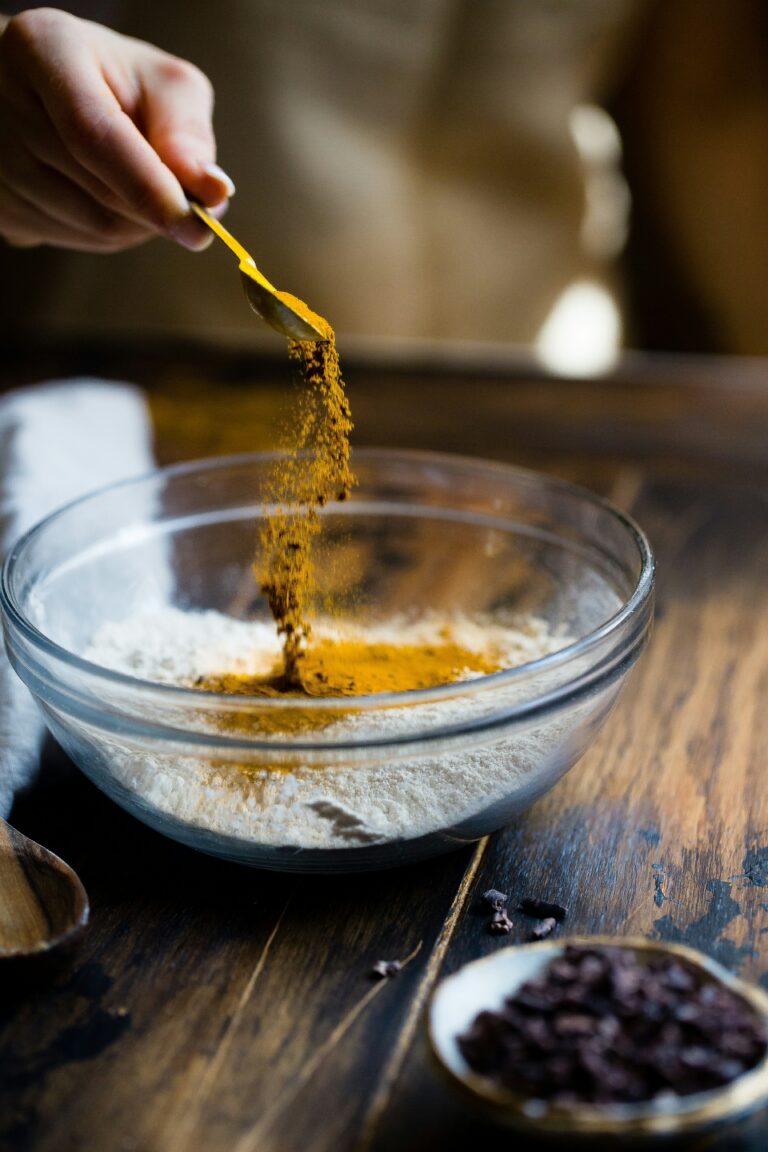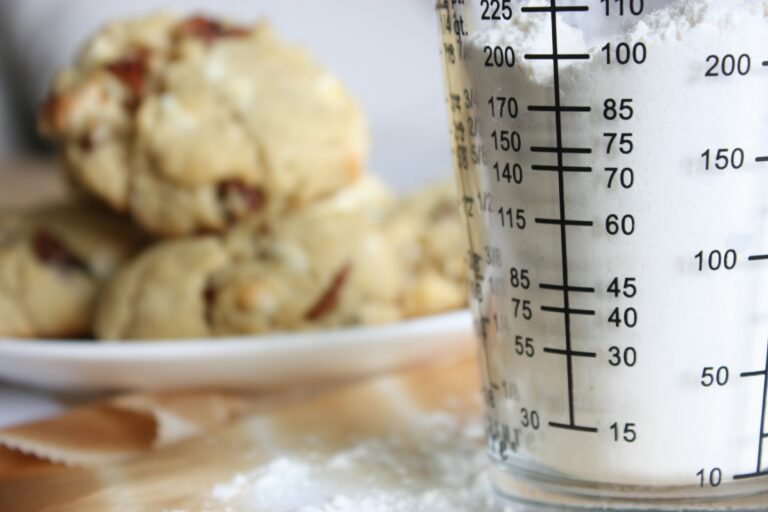Simplifying Liquid Measurements in Cooking
Mastering liquid measurements is crucial for nailing that perfect dish. Whether you’re following Grandma’s secret recipe or whipping up your own culinary creation, getting those liquid measurements right can mean the difference between ‘Yum!’ and ‘Yikes!’
Overview of Liquid Measurements
In the cooking game, we’re talking the lingo of teaspoons, tablespoons, cups, milliliters, and fluid ounces. These aren’t just random gibberish—they’re your trusty sidekicks in making sure your culinary masterpieces turn out amazing. Converting these liquid measures is what makes it possible to play mix-and-match with recipes from different places. No more guessing games or kitchen dramas!
Why Convert Liquid Measurements?
Why bother with all this conversion stuff, you ask? Well, say you’ve got a recipe that’s begging to double up for a friendly gathering or needs scaling back for a night in. Converting liquid measurements is your ticket to adjust recipes on the fly, no sweat. Plus, it opens up a whole new menu from cuisines around the world. With the power to convert under your chef’s hat, your cooking will be spot-on every time, making your meals taste like a flavor explosion.
Got a hankering to dig into those conversions more? Peek at our handy guide on converting cups to grams. It’s like getting a cheat sheet that helps you rock any recipe or give it your own twist.
Converting Cups to Grams
When you’re whipping up something in the kitchen, converting cups to grams can be the secret ingredient to nailing that perfect recipe every time. Different liquids have their own quirks, but no worries. We’ve got some easy conversion tips and examples to keep you on track.
Understanding Liquid Conversion Factors
Not all liquids are created equal. Some are heavier than others, and knowing those differences can make all the difference in your dish. Here’s a handy table to help you out with some kitchen staples:
| Liquid | Conversion Rate (grams per cup) |
|---|---|
| Water | 240g |
| Milk | 244g |
| Vegetable Oil | 218g |
| Honey | 340g |
| Maple Syrup | 322g |
| Lemon Juice | 244g |
These numbers show you how much each cup of liquid tips the scales, helping you measure with confidence. Remember, accuracy here means your dish turns out just as you imagined it in your head (or on Instagram).
Practical Examples for Converting Cups to Grams
Let’s put those numbers to work with some real-life examples. This way, you’ll see just how simple getting it right can be.
- 1 cup of Water:
- Water Conversion Rate: 240g per cup
- Math: 1 cup * 240g/cup = 240g
- 1 cup of Milk:
- Milk Conversion Rate: 244g per cup
- Math: 1 cup * 244g/cup = 244g
- 1 cup of Vegetable Oil:
- Vegetable Oil Conversion Rate: 218g per cup
- Math: 1 cup * 218g/cup = 218g
By using these conversion rates, you can switch from cups to grams as easily as pie. This little bit of math helps ensure your meals are reliably delicious, making it much easier to impress your guests or just satisfy that pesky sweet tooth. Need more measuring magic? Have a peek at our piece on measurements for cooking.





